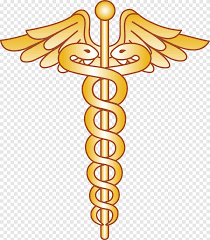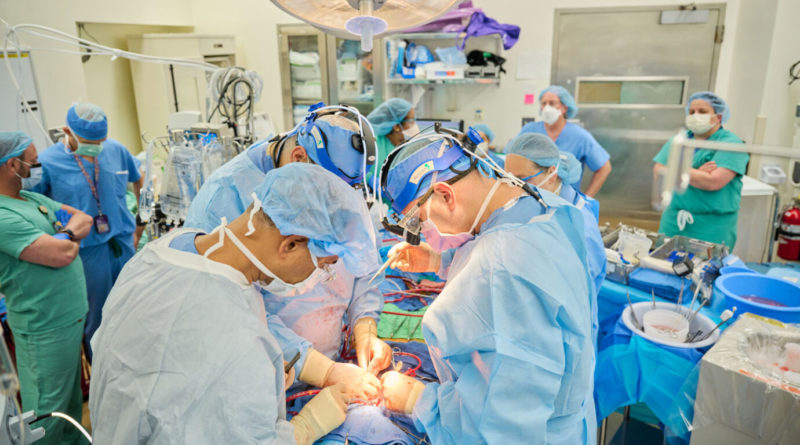STORY: Surgeons at New York University said on Tuesday they have successfully transplanted genetically-engineered pig hearts into two human bodies, moving a step closer to a long-term goal of using pig parts to address the shortage of human organs for transplant.
.
Ad by:
Memento Maxima Digital Marketing
@[email protected]
SPACE RESERVE FOR ADVERTISEMENT
The hearts functioned normally, with no signs of rejection during three-day long experiments in June and July, they said at a news conference, adding that transplants were made in two brain-dead patients after obtaining consent.
Dr. Nader Moazami is the surgical director of heart transplantation at NYU Langone.
“It brings me great excitement to tell you that the function of the heart was excellent. We did have to make some technical surgical modifications at the time of transplantation. Part of that is because the pig heart is very similar, but is not identical to the human.”
The director of NYU Langone’s Transplant Institute, Dr. Robert Montgomery, was encouraged by the data collection that was possible in these particular trials.
.
Ad by:
Memento Maxima Digital Marketing
@[email protected]
SPACE RESERVE FOR ADVERTISEMENT
“We were able to, in real time, capture everything that was sort of going on during that 72-hour period. In the case where the recipient was a living human, they weren’t able to do that.”
The experiments followed the death in March of a 57-year-old man with terminal heart disease who made history two months earlier at the University of Maryland as the first person to receive a genetically modified pig heart. The reasons why his new heart failed are still unclear.
NYU procured the hearts from Revivicor, a biotechnology company that seeks to end the human organ shortage by providing gene-edited pigs.
The pigs had a total of 10 genetic modifications to prevent rejection, abnormal organ growth, and incompatibilities between pigs and humans.
.
Ad by:
Memento Maxima Digital Marketing
@[email protected]
SPACE RESERVE FOR ADVERTISEMENT
“In this xenotransplantation, I believe offers the best hope that we can have of renewable, sustainable source of organs so no one will have to die waiting for an organ.”
The 72-hour experiments produced preliminary data, leaving many questions to be answered before starting pig heart trials in living humans.
.
 Reuters Videos
Reuters Videos
Ads by:
Memento Maxima Digital Marketing
@[email protected]
SPACE RESERVE FOR ADVERTISEMENT












